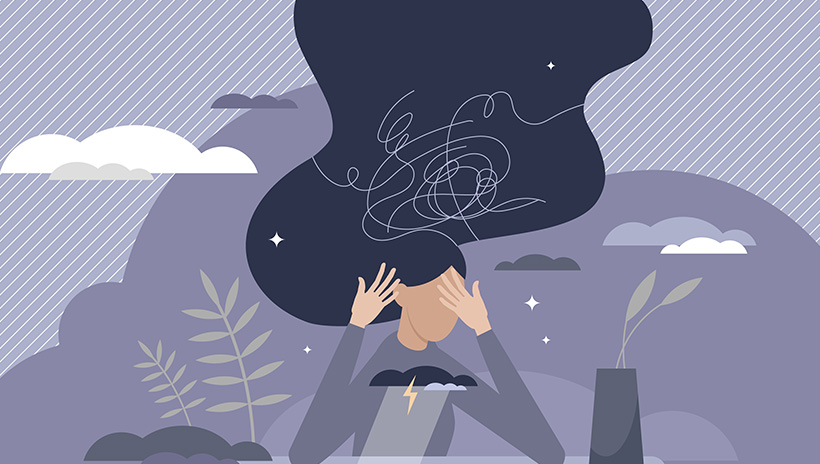It’s only a month into 2022, and I have uttered the phrase “When this pandemic ends” more times than I can count. Going into a third calendar year of navigating a pandemic as an educator is not for the faint of heart. The proverbial “9–5 shift” is exhausting, between shifts in technology, lesson plans, classroom management, supervision, and other administrative tasks. And don’t get me started on the things that happen before the workday begins and ends—especially if there are other two- or four-legged creatures running amok.
The collective trauma of a pandemic, shifting modes and often competing priorities of work, racialized violence, and the mass exodus of professionals from the education field is palpable at this juncture. In times of continuous trauma, a person is unable to integrate identity, meaningful experiences, and new information. It is no surprise that there is lowered student academic performance, employee engagement and satisfaction, and recruitment into educational or helping professions. How can professionals help others when we are struggling to continue to heal and help ourselves? It feels mutually exclusive to help others when you also need support and care for yourself.
Put the Mask on Yourself First
The concept of putting the oxygen mask on yourself before others if cabin pressure decreases in an airplane is a tried and true metaphor for self and community care practices. As educators, our mission is to help minds ask questions, be curious, and learn about themselves (if the conditions are safe enough to do so). However, in order to do this and to be able to process through our primary, secondary, and intergenerational traumas, it’s important to carve out space for our own reflection, resource curation, and storytelling.
As we educate through trauma and explore trauma-informed practices, I invite you to read this care packet to help you find the resources you might need to center, de-stress, and explore your own continued healing in extremely trying times. These activities may be helpful for you and your colleagues to use as planning tools to move toward more trauma-informed support practices for yourselves, each other, and the larger communities you belong to.
In solidarity,
hc lou (she/her/hers)
See also:


